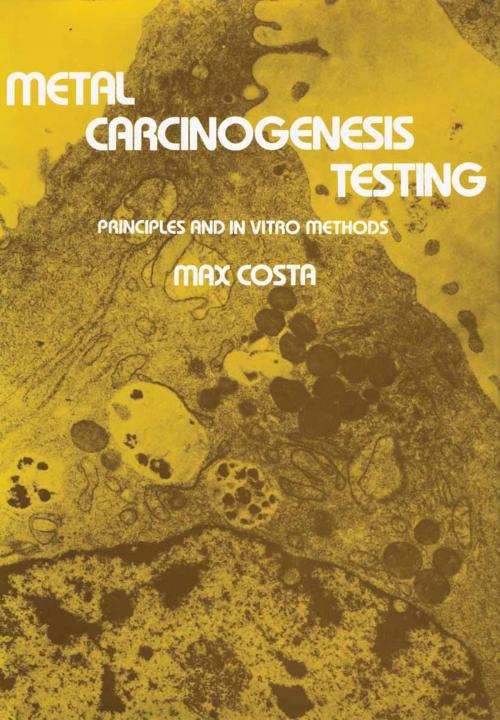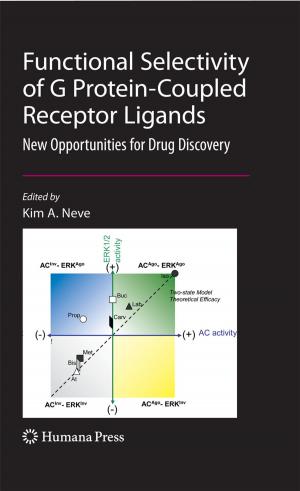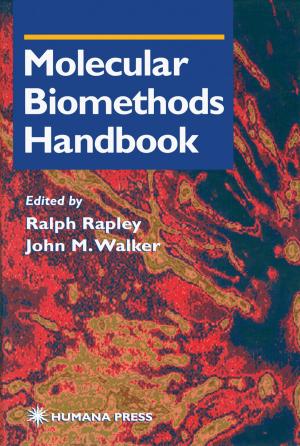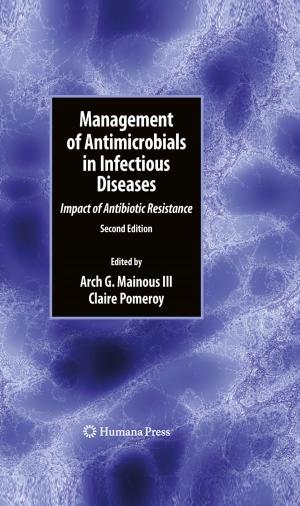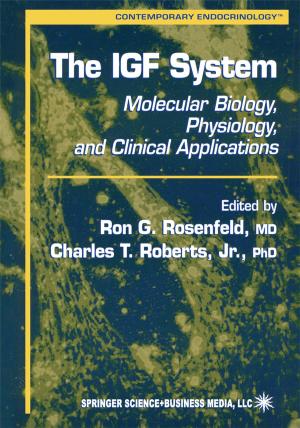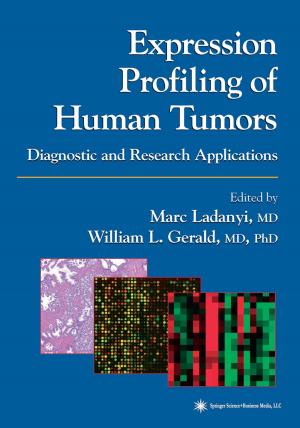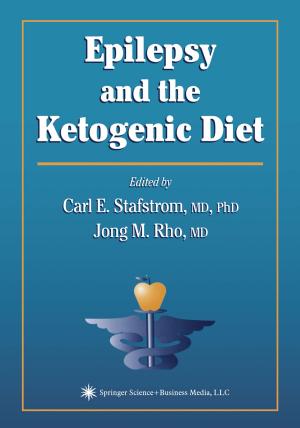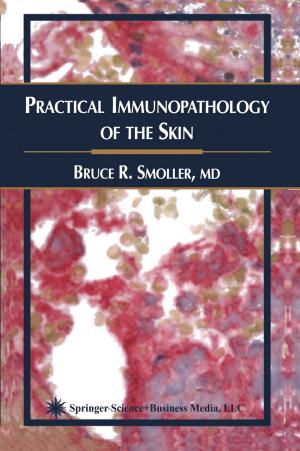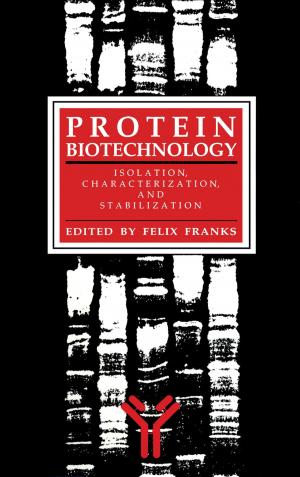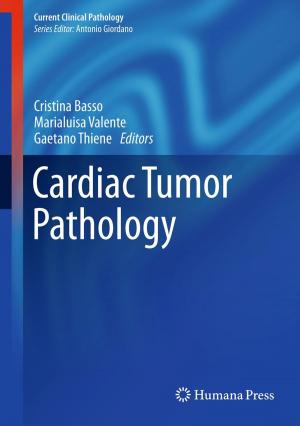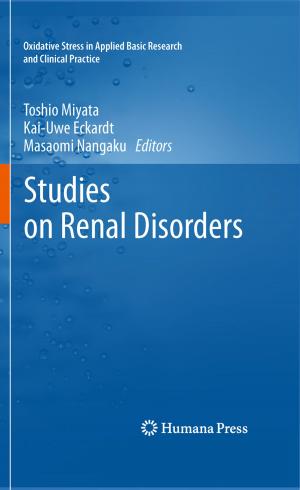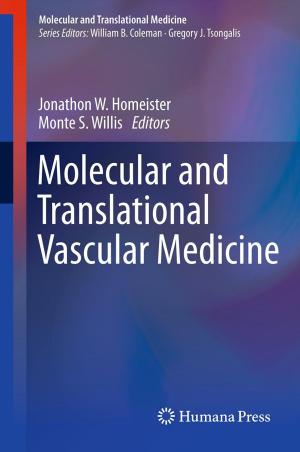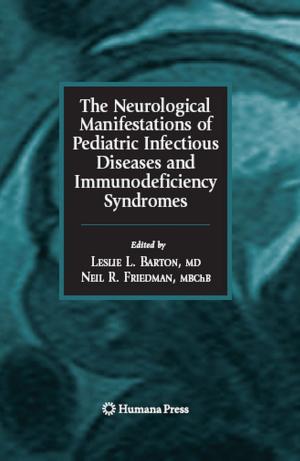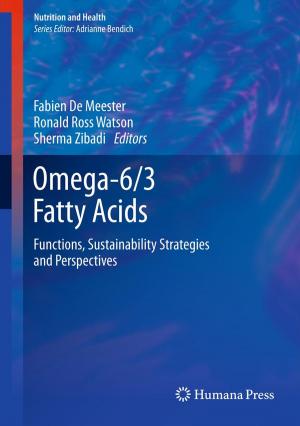Metal Carcinogenesis Testing
Principles and In Vitro Methods
Nonfiction, Health & Well Being, Medical, Specialties, Pathology, Medical Science, Pharmacology| Author: | Max Costa | ISBN: | 9781603274036 |
| Publisher: | Humana Press | Publication: | February 7, 2008 |
| Imprint: | Humana | Language: | English |
| Author: | Max Costa |
| ISBN: | 9781603274036 |
| Publisher: | Humana Press |
| Publication: | February 7, 2008 |
| Imprint: | Humana |
| Language: | English |
Metal Carcinogenesis Testing explains fundamental principles of metal carcinogenesis as they are currently understood, and provides detailed practical descriptions of rapid and inexpensive in vitro assay methodology presently in use for the detection of potentially carci nogenic metals and their compounds. Mounting experimental evidence has suggested that a number of metals and their compounds are potentially carcinogenic to humans. Since humans are exposed to these potentially carcinogenic metals in industrial situations and through environmental pollution, it is essential that experimental protocols be available to identify the specific metal compounds that are potentially carcinogenic. This book affords a thorough description of the various carcinogenesis test systems available for metals, centering on those that are rapid, inexpensive, and most reliable. The principles are discussed at the level of human exposure, of animal studies, and of research in vitro. Additionally, the molecular mechanisms of metal-induced cancer are considered at each ofthese three levels.In large part, the emphasis rests on the use of in vitro, biochemical and bacterial studies, including tissue culture, because these methods are the basis of the rapid and inexpensive screening of potentially carcinogenic substances.
Metal Carcinogenesis Testing explains fundamental principles of metal carcinogenesis as they are currently understood, and provides detailed practical descriptions of rapid and inexpensive in vitro assay methodology presently in use for the detection of potentially carci nogenic metals and their compounds. Mounting experimental evidence has suggested that a number of metals and their compounds are potentially carcinogenic to humans. Since humans are exposed to these potentially carcinogenic metals in industrial situations and through environmental pollution, it is essential that experimental protocols be available to identify the specific metal compounds that are potentially carcinogenic. This book affords a thorough description of the various carcinogenesis test systems available for metals, centering on those that are rapid, inexpensive, and most reliable. The principles are discussed at the level of human exposure, of animal studies, and of research in vitro. Additionally, the molecular mechanisms of metal-induced cancer are considered at each ofthese three levels.In large part, the emphasis rests on the use of in vitro, biochemical and bacterial studies, including tissue culture, because these methods are the basis of the rapid and inexpensive screening of potentially carcinogenic substances.
